Juz Rafa Ul Yadain Hindi
نماز میں تکبیر تحریمہ کے ساتھ اور رکوع میں جاتے ہوۓ اور رکوع سے اٹھ کر اور پہلے تشہد کے بعد رفع یدین کرنا نبی کریم ﷺ کی دائمی سنت تھی ، آپ ﷺ کے بعد آپ کے اصحاب کرام رضی اللہ عنہم اور تابعین عظام اور امت کے سلف صالحین کی اقتداء کرتے ہوۓ خلف کی پوری جماعت محد ثین کرام اور امام ابوحنیفہ کے سوا تمام ائمہ مجتہد ین نے اس سنت ثابتہ کو زند ہ اور باقی رکھا، اور امت محمدیہ ﷺ کی غالب اکثریت کا پوری دنیا میں اس پر ٹمل ہے۔ خود آنحضرت صلی اللہ وسلم نے اپنی تمام سنن ثابتہ پر امت کے عمل دوام کی بشارت دی ہے،
There are many Hadith regarding this, and they mutawatir (stronger than sahih and narrated by so many companions that it cannot be a lie)
It’s narrated by al-Bukhaari (735) and Muslim (390) from ‘Abd-Allaah ibn ‘Umar (may Allaah be pleased with them both), who said that the Messenger of Allaah (peace and blessings of Allaah be upon him) used to raise his hands to shoulder level when he started to pray, when he said “Allaahu akbar” before bowing in rukoo’, and when he raised his head from rukoo’.
The majority of scholars followed this hadeeth and said that it is mustahabb for the worshipper to raise his hands at the points mentioned in the hadeeth.
Imaam al-Bukhaari (may Allaah have mercy on him) wrote a separate book on this issue which he called Juz’ fi Rafa al-Yadayn (Section on Raising the Hands), in which he proved that the hands should be raised at these two points on the prayer, and he strongly denounced those who go against that. He narrated that al-Hasan said: “The Companions of the Messenger of Allaah (peace and blessings of Allaah be upon him) used to raise their hands during prayer when they bowed and when they stood up (from bowing).” Al-Bukhaari said, “Al-Hasan did not exclude any of the Sahaabah from that, and it was not proven that any one among the Sahaabah did not raise his hands.”
The scholars who said that the hands should not be raised based on their own ijtihaad are to be excused, for they will be rewarded for their ijtihaad and their seeking the truth, as the Prophet (peace and blessings of Allaah be upon him) said: “If a judge passes judgement based on his own ijtihaad and he is correct, he will have two rewards; if he passes judgement based on his own ijtihaad and he makes a mistake, he will have one reward.” (Narrated by al-Bukhaari, 7352; Muslim, 1716). See Raf’ al-Malaam ‘an al-A’immah al-A’laam by Shaykh al-Islam Ibn Taymiyah.
Buy Rafa Ul Yadain

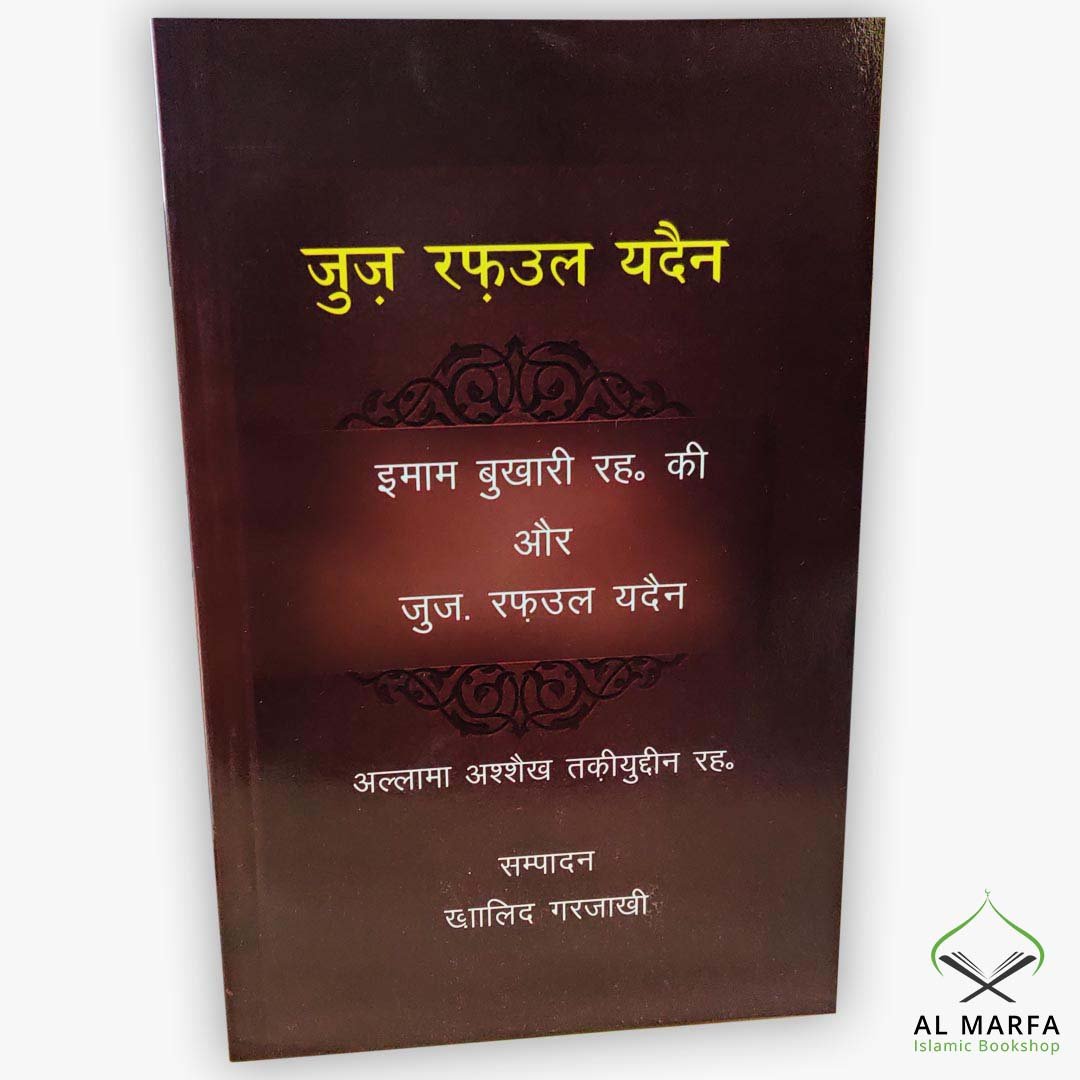
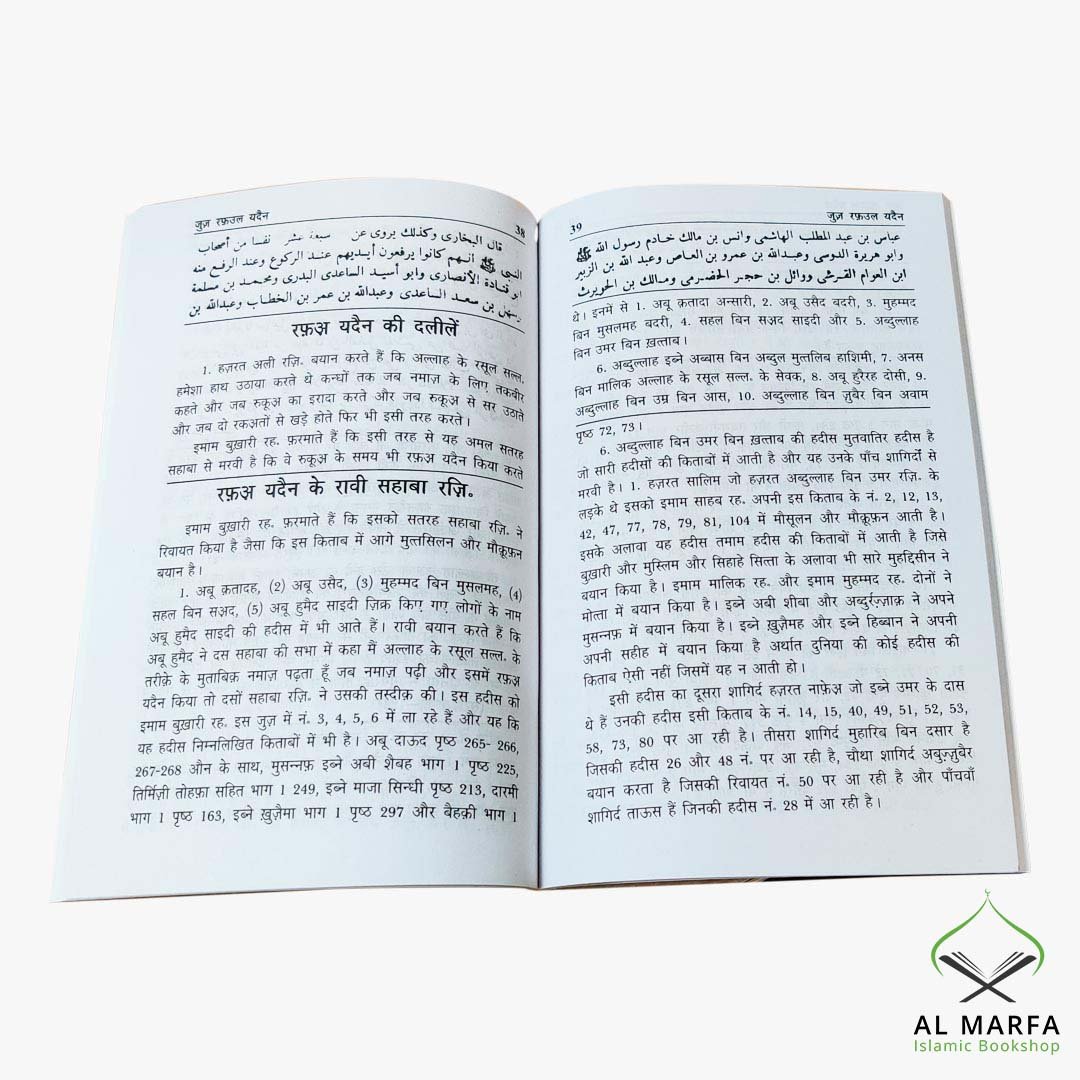


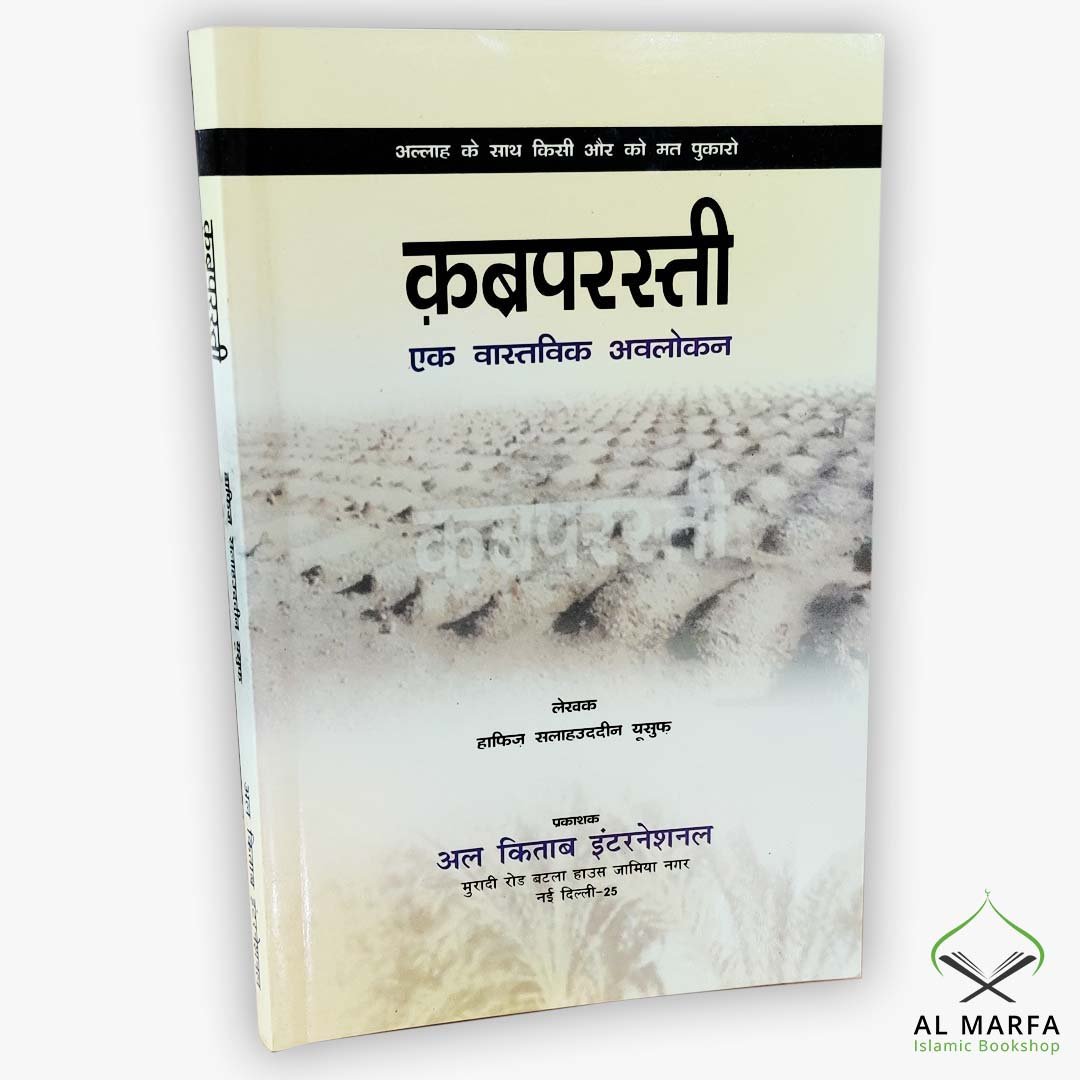
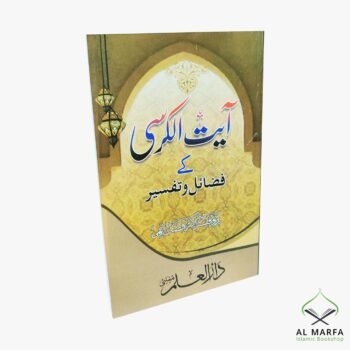
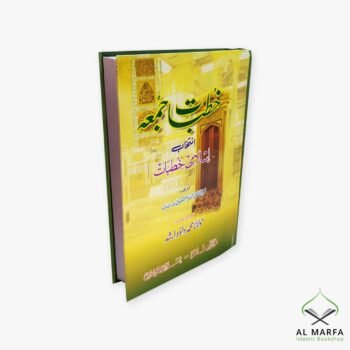
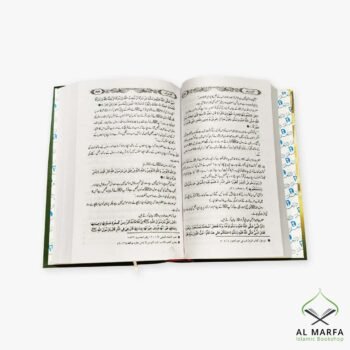

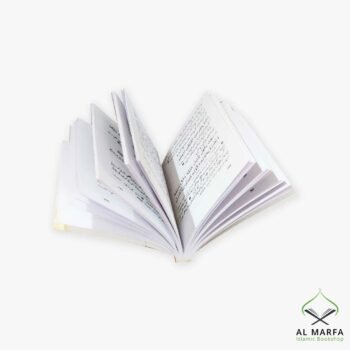







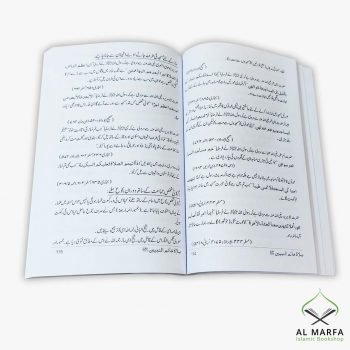


Md Tanweer Alam (verified owner) –